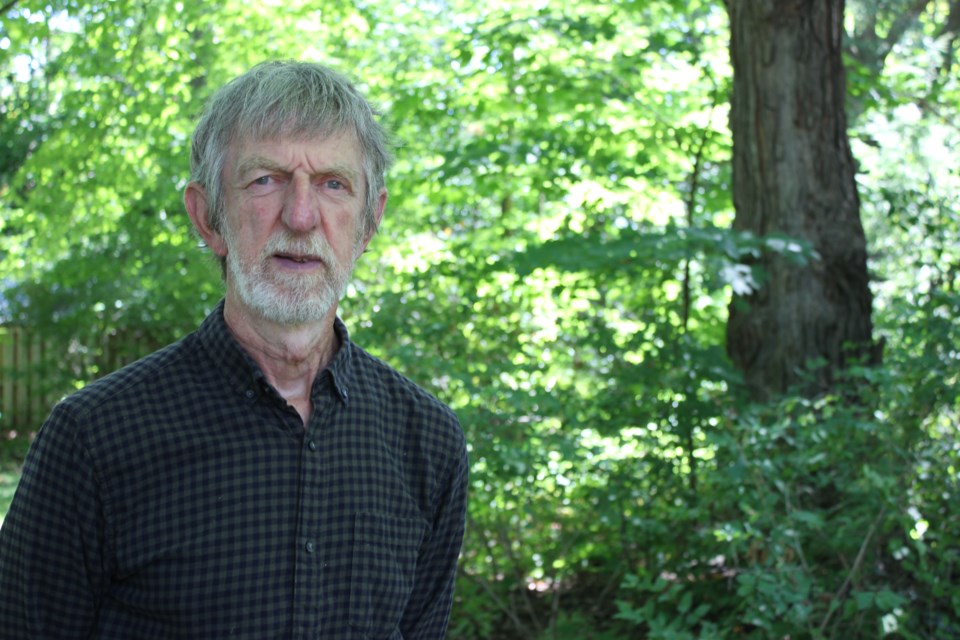How should Orillians be represented around the city council table?
For the past 25 years, the city has been divided into four wards – with two city councillors apiece, each representing their wards at city hall – but long-time Ward 4 Coun. Tim Lauer would like to see the system replaced.
At the Oct. 21 meeting of council, Lauer brought forward a notice of motion requesting support to dissolve the ward system and establish an at-large electoral system in its stead – where each member of council represents the entire city.
An at-large system in Orillia would also allow voters to select eight candidates; currently a taxpayer can only vote for two council candidates in the ward in which they reside.
The motion will be considered at the Nov. 4 meeting of council, with city staff preparing a report for consideration in early 2025, as well.
Ward systems make sense in large municipalities with significant distance between wards, or cities like Toronto where there are stark demographic changes between different areas, Lauer said, highlighting “Orillia does not fall into either category.”
“Life in the city is not ward-centric. Most Orillians make use of the entire city on a daily basis. We reside in one area; work in another; play in another; and shop in yet another,” Lauer said in an email to OrilliaMatters
“There are no concentrated socio-economic or ethnic areas. An individual's quality of life in Orillia depends on the health of the entire city, not on any one ward."
To further underscore why the ward system is not suitable in Orillia, Lauer pointed out that many candidates have seamlessly jumped wards during elections and found success – regardless of where they live in the city.
As such, Lauer said there’s a “loss of accountability” under the current system, where politicians “are elected to make decisions on behalf of the entire city, yet are accountable to only a quarter of the electorate” – the voters from the wards they represent.
Dividing a small city like Orillia into wards has also bred “ward politics,” Lauer said.
“As Orillia's municipal politicians have grown into the reality of ward politics, holistic considerations regarding the health of the city are being shunted aside more and more as councillors concentrate on their ward power base,” he said.
“This drift, in my opinion, is unnecessary and undesirable. Decisions on city-wide matters rely on city-wide accountability.”
Critics of the at-large system, said Lauer, point out that it can be more difficult for candidates and the public to connect with one another, but Lauer highlighted that numerous Ontario cities, like North Bay, Collingwood, Orangeville, Owen Sound, among many others, “elect their municipal councils through an at-large system and manage to work through that concern.”
“Democracy is not light work. Politicians should be expected to work hard to present their thoughts and opinions and hear from the electorate, but so, too, should the electorate be expected to put forward an effort in order to make an informed choice,” Lauer said.
“In this age of Facebook, Linkedin, X, YouTube, websites and email, it has never been easier for the politician and the voter to connect.”




